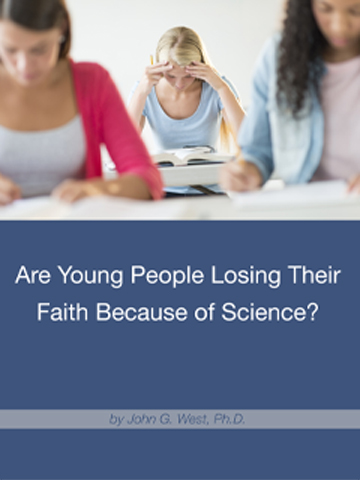Are Young People Losing Their Faith Because of Science?
Download Free Resources on Faith and Science

Earlier this year, Harvard evolutionary biologist E.O. Wilson declared that “for the sake of human progress, the best thing we could possibly do would be to diminish, to the point of eliminating, religious faiths.”

According to noted biologist Richard Dawkins, Darwinian evolution makes it possible to become an intellectually fulfilled atheist.
Many people, especially young people, think science contradicts their faith. This view can have a devastating impact on their belief in God. In reality, the genuine discoveries of science have been friendly to faith, not hostile to it.

Download this free report from Discovery Institute’s Center for Science & Culture for information and resources to equip yourself, your family, and your congregation on issues of faith and science.
Here are some of the important questions the free report will address:
- What percentage of young people now enter college believing that “the universe arose by chance”?
- What percentage of college faculty identify themselves as atheists or agnostics?
- How many young adults with a Christian background think “Christianity is anti-science”?
- What five big truths can help you counter the myth that belief in God is anti-science?
- What resources are available to help you engage young people and others who think faith is anti-science?
Fortunately, there are a growing number of practical resources available to enable churches, Christian schools, and parents to address the relationship between science and faith in a constructive manner. Fill out this form to download the free report “Are Young People Losing Their Faith Because of Science?”
Note
The form below may be blocked by your browser or ad blocker. If so, you can fill out the form directly here.
Note
The form below may be blocked by your browser or ad blocker. If so, you can fill out the form directly here.
Photo licenses
Dawkins: By Marty Stone [CC BY 2.0], via Wikimedia Commons.
Wilson: By Ragesoss (Own work) [GFDL or CC BY-SA 3.0], via Wikimedia Commons.
